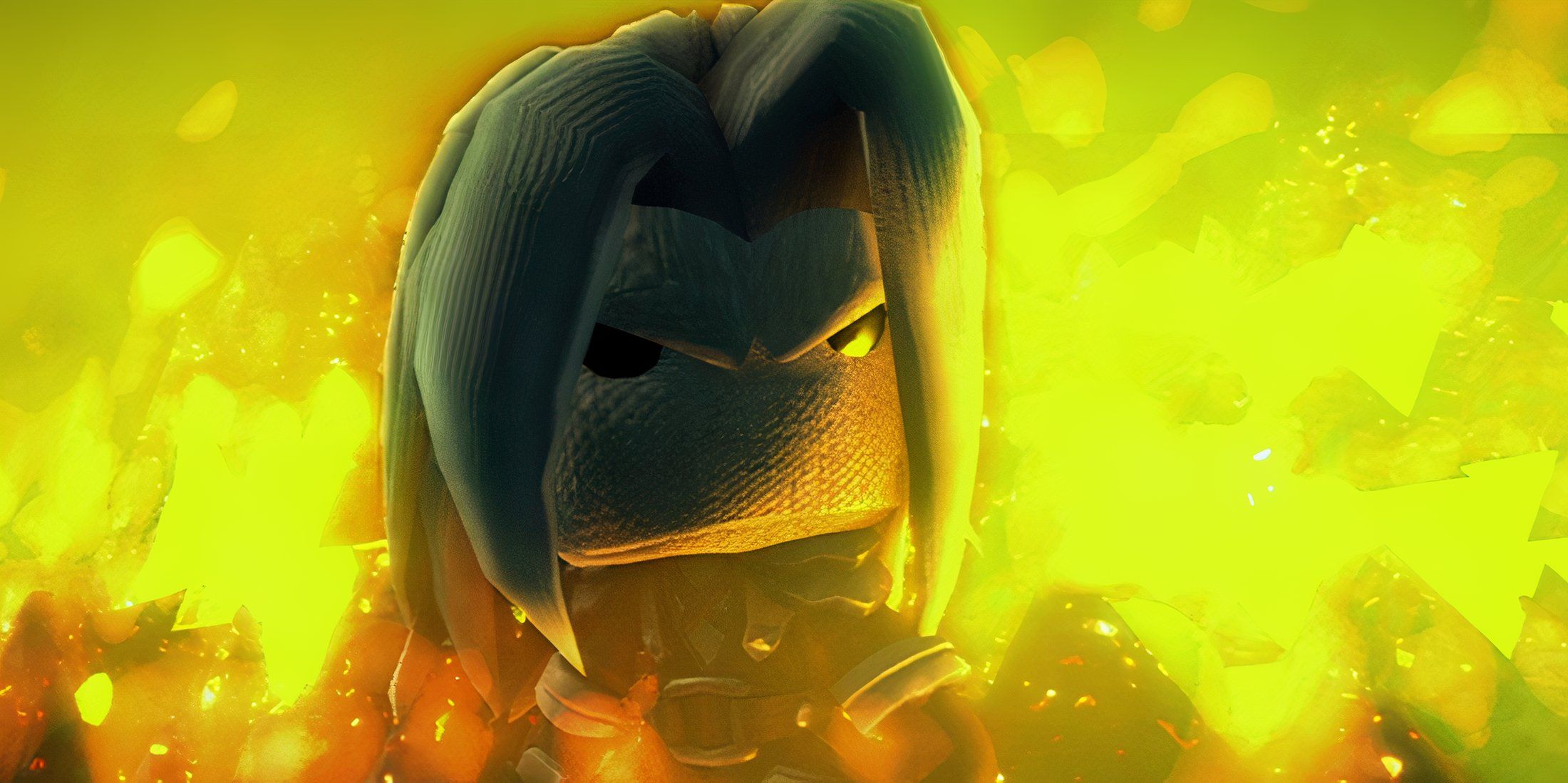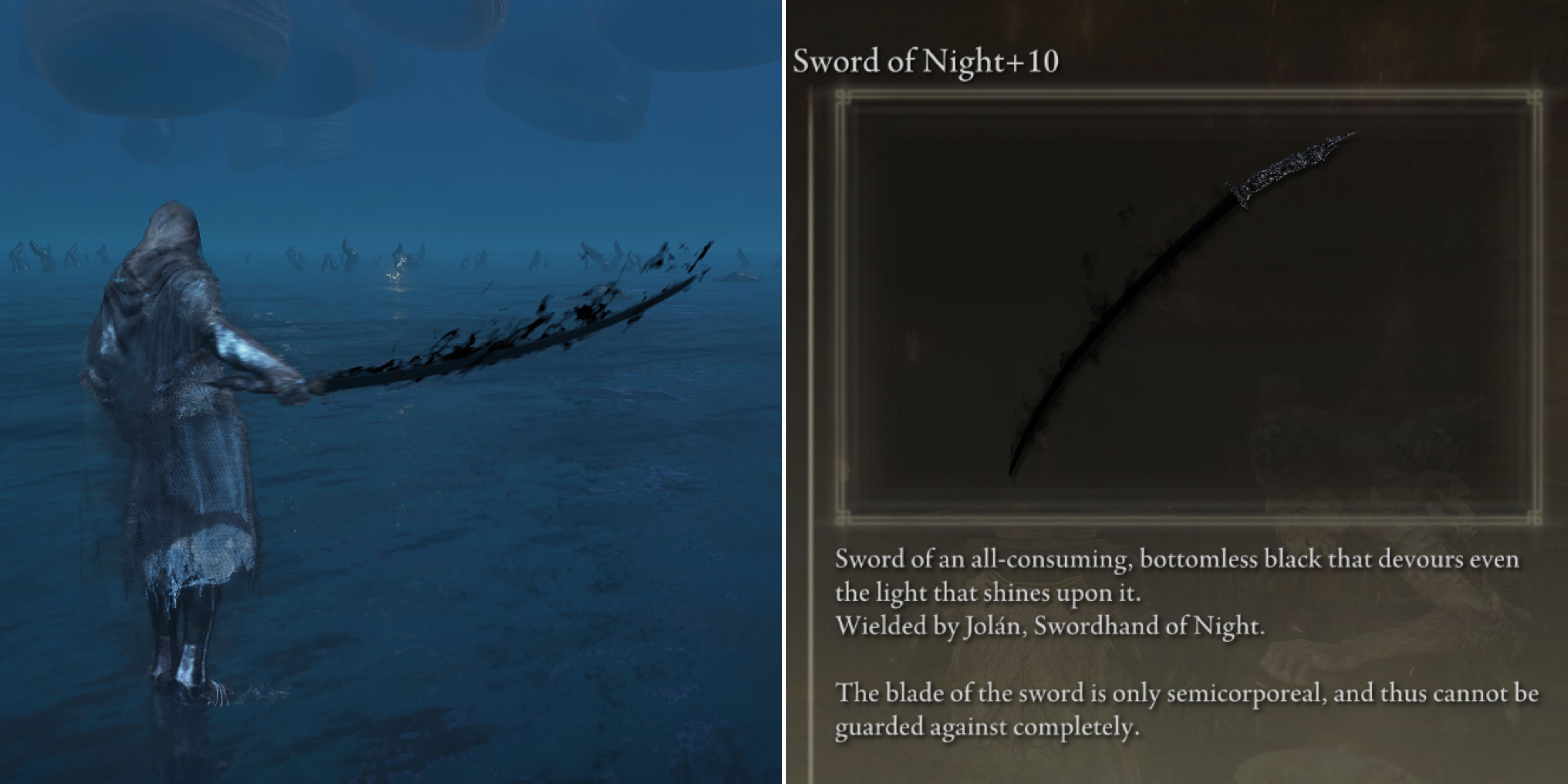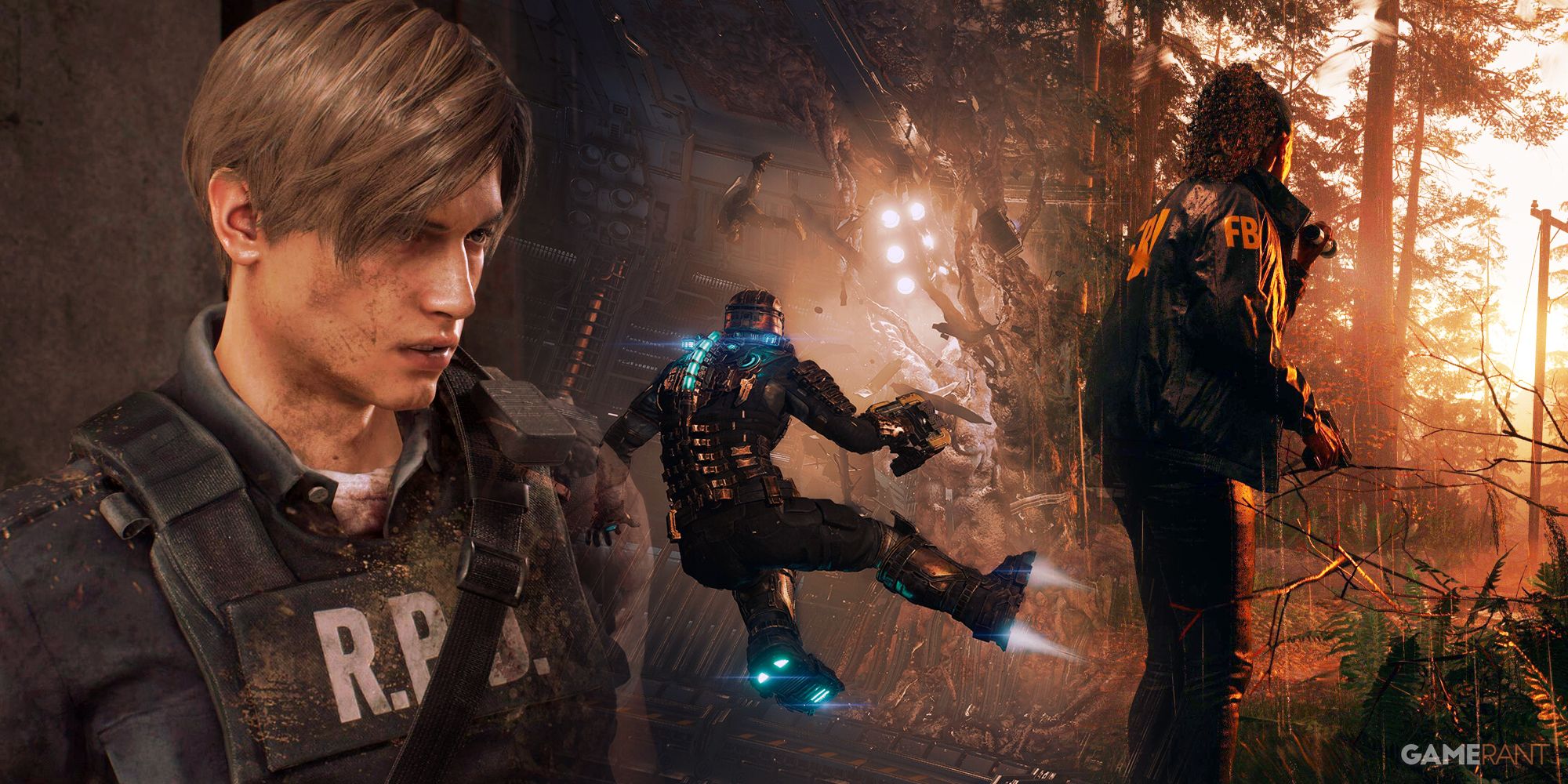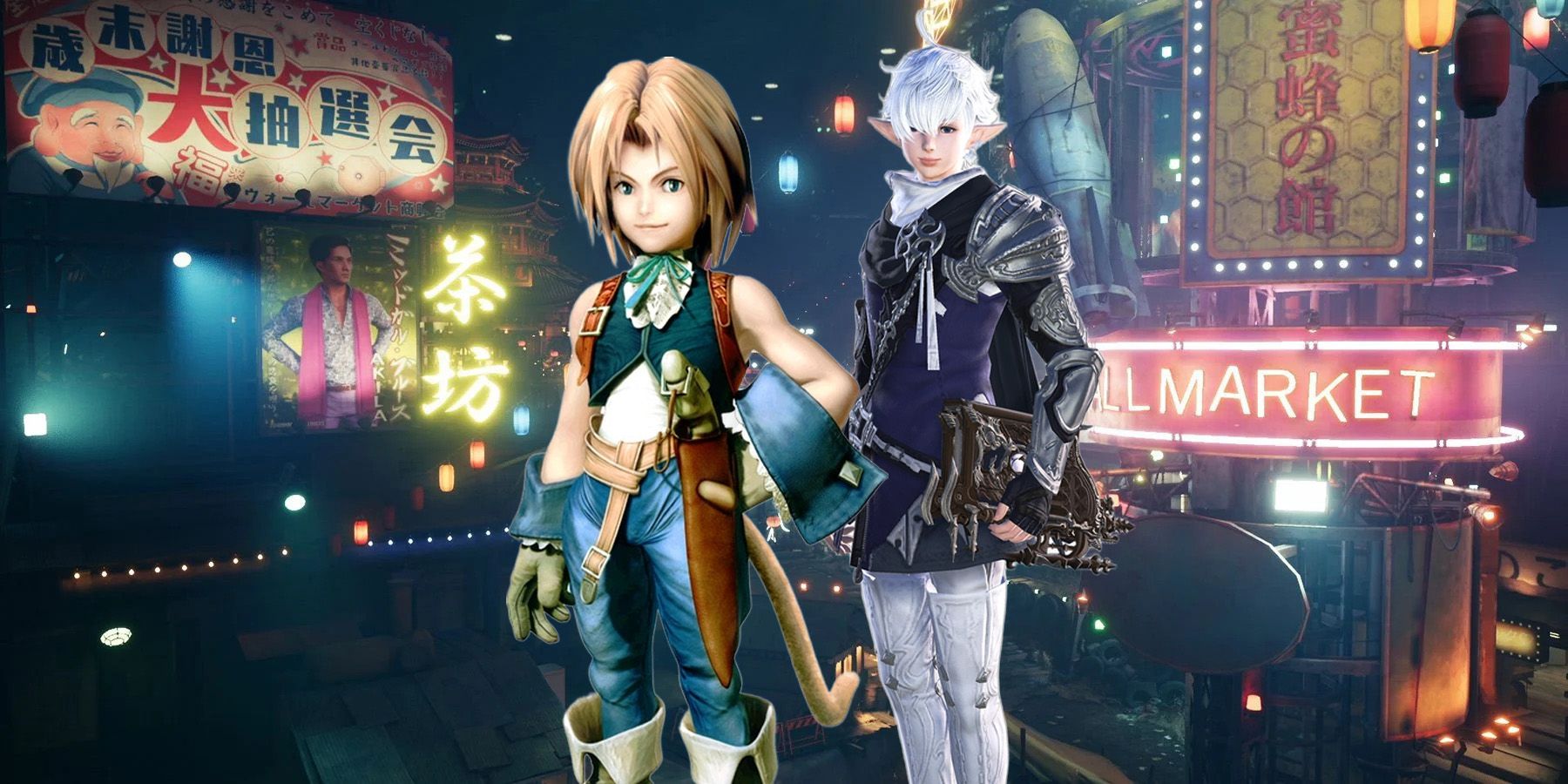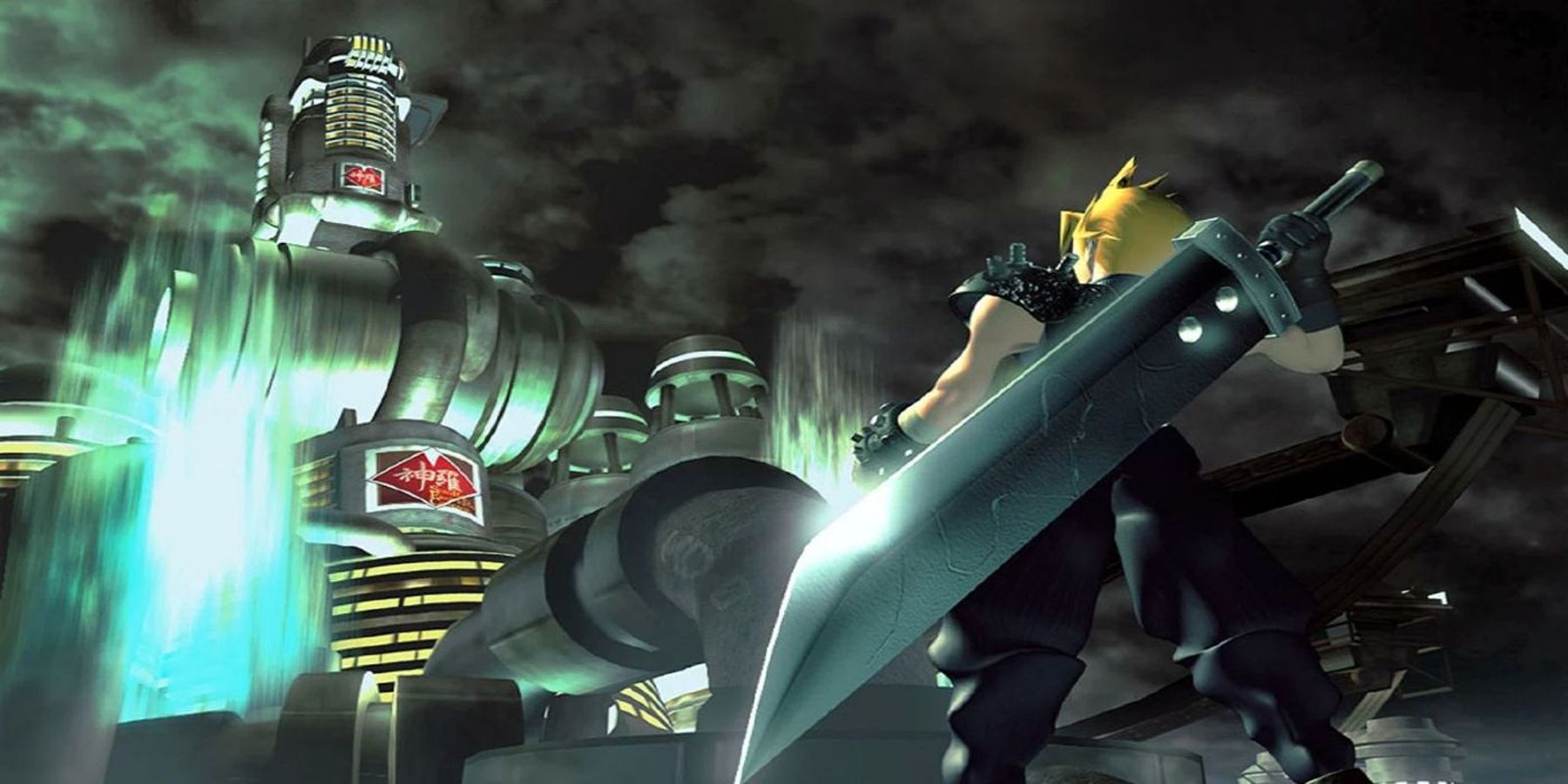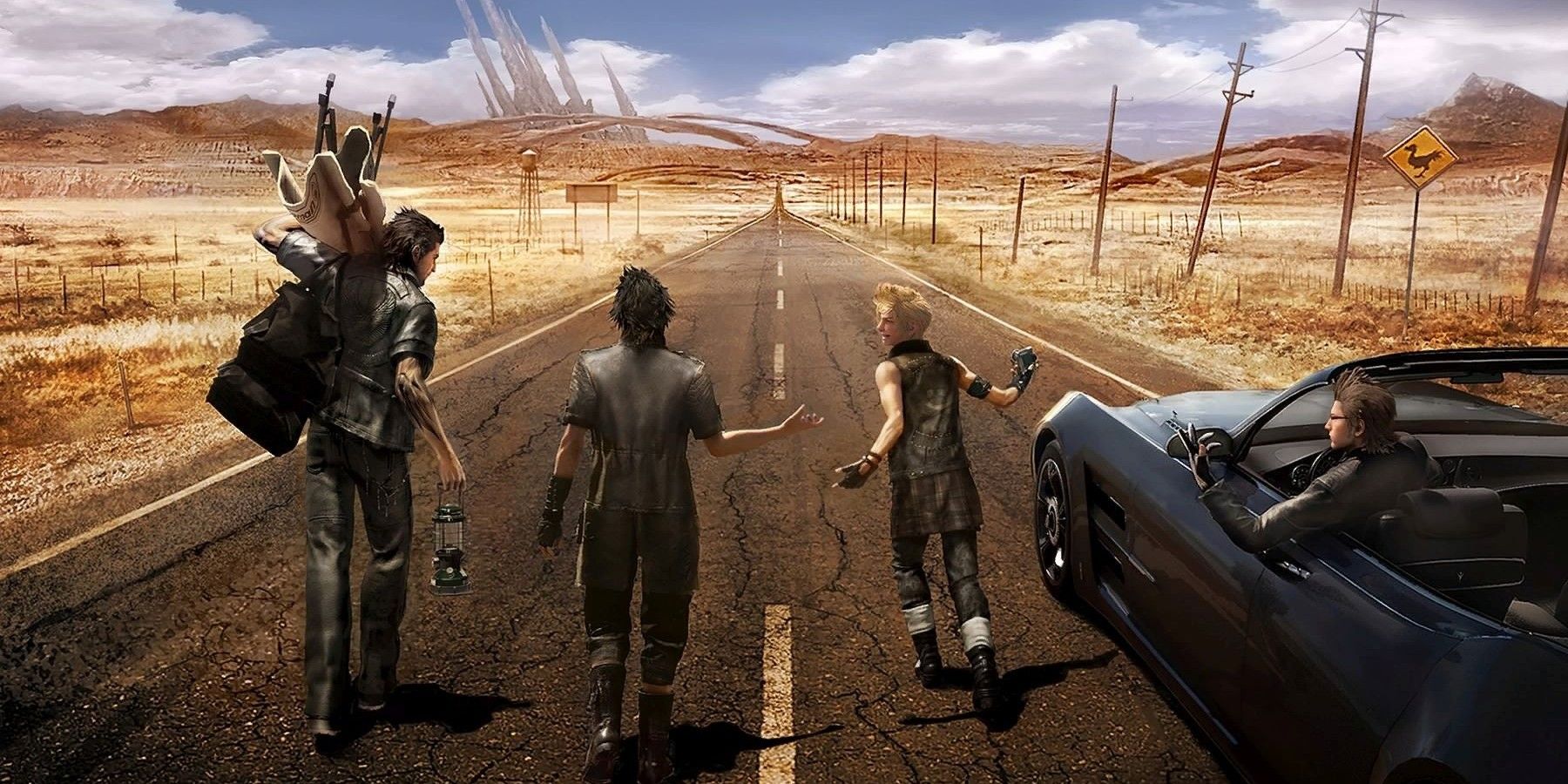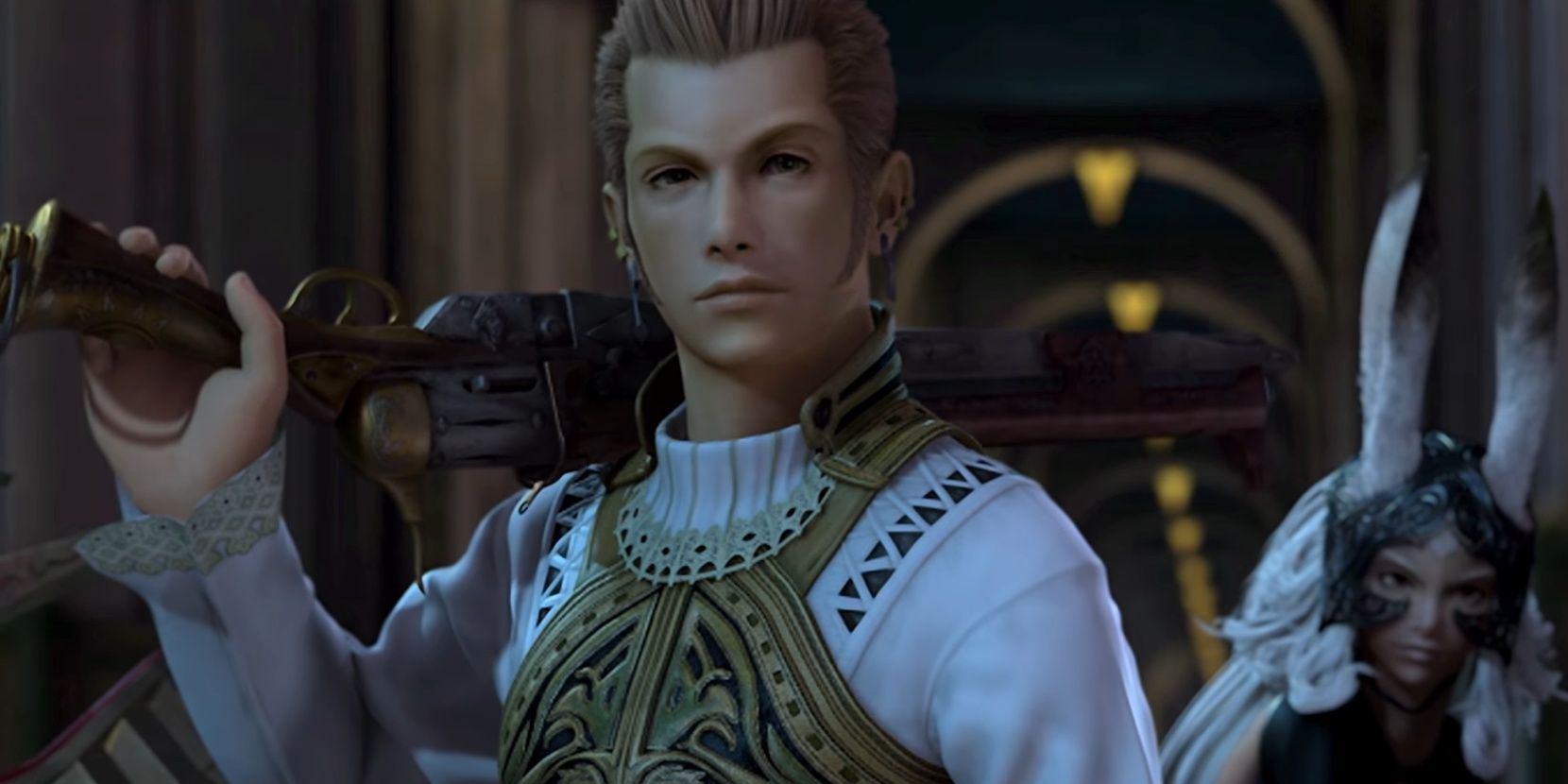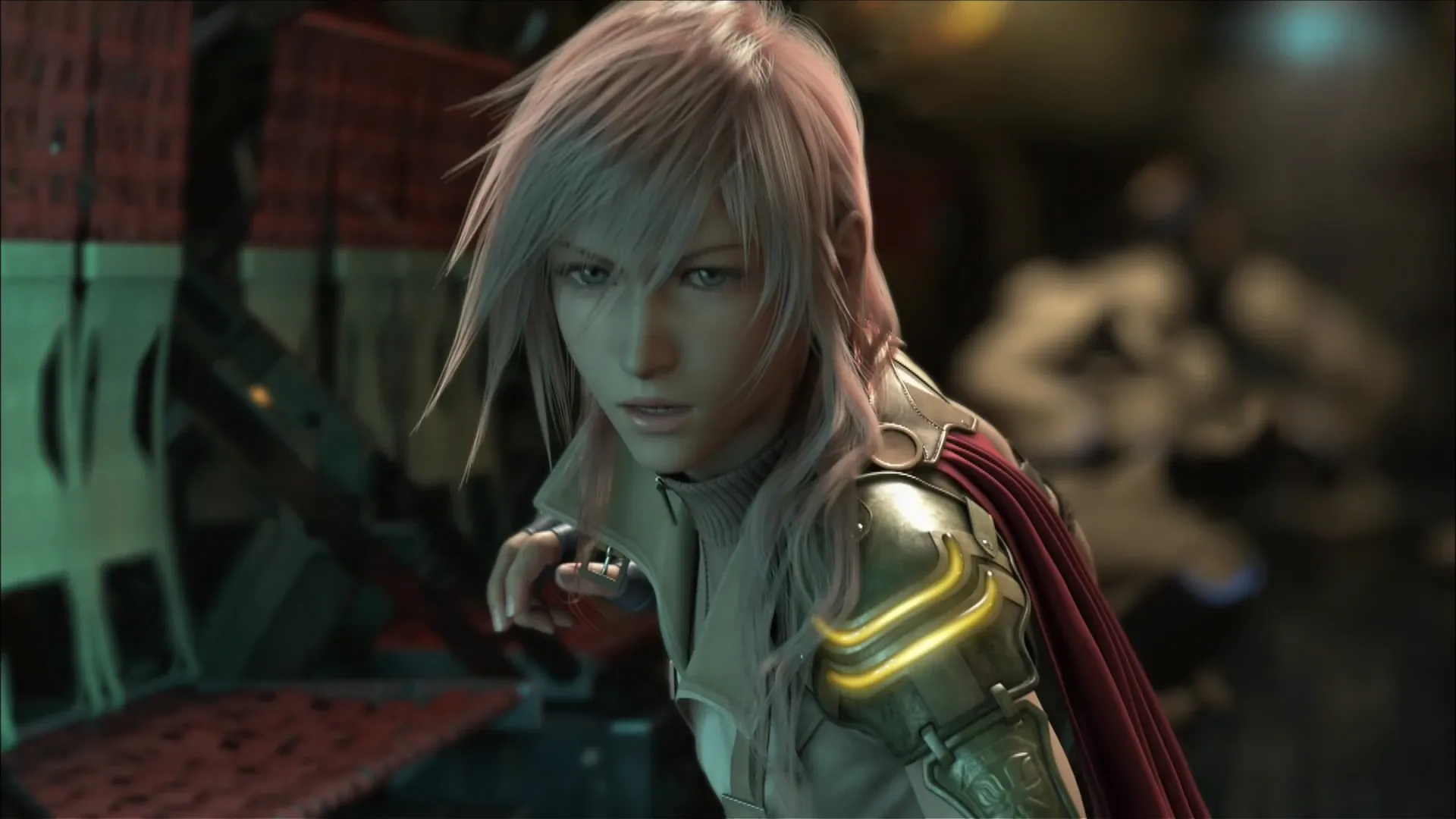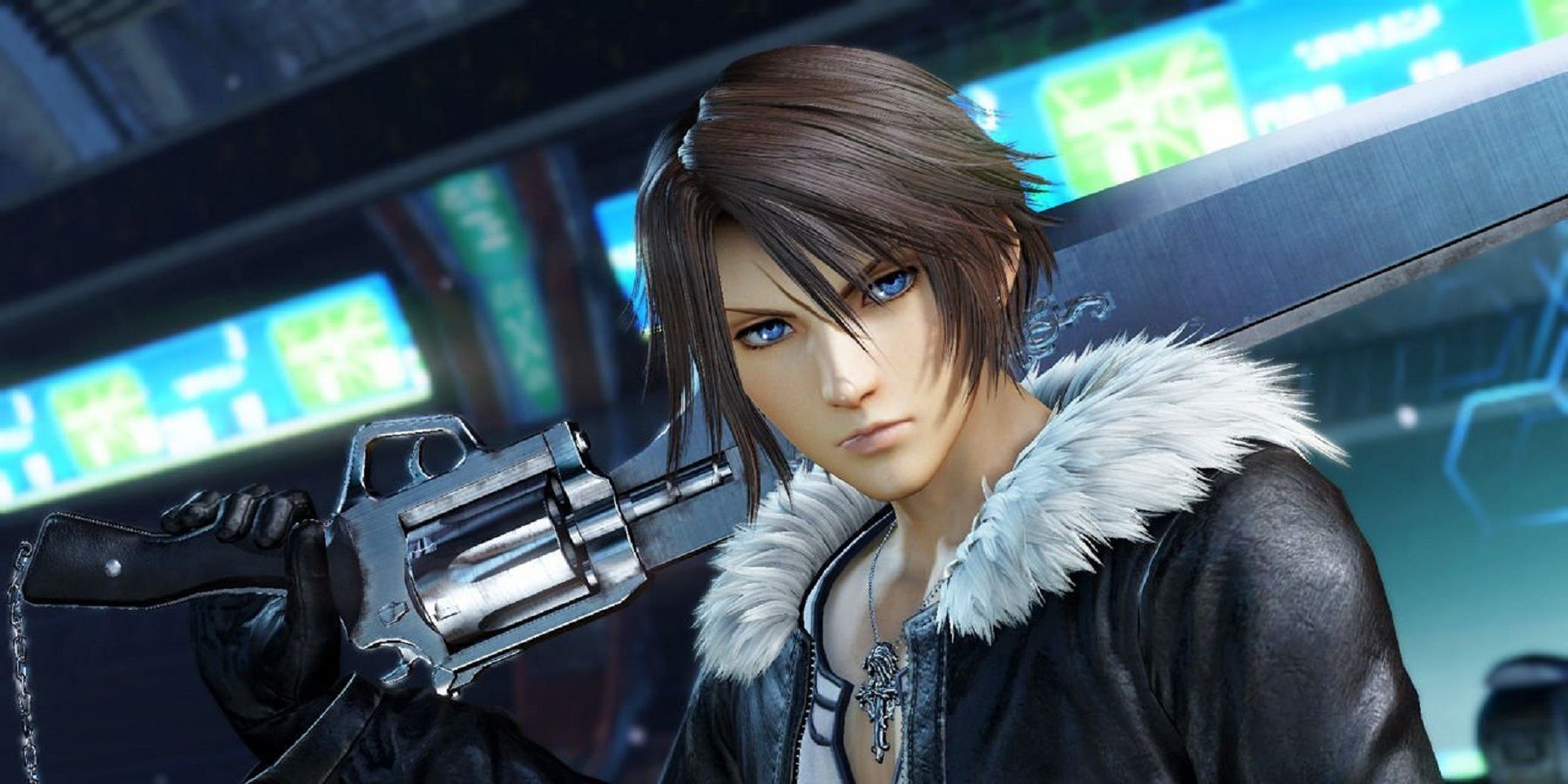Though there are a number of franchises in the JRPG genre, one stands the tallest. Final Fantasy has a legacy spanning decades, and while there have been a handful of missteps, the series' peaks are high. With memorable music, epic stories, and intimate character development being pillars of Final Fantasy's success, there's anticipation for Final Fantasy 16 in its final stages of development.
Until that game arrives, fans have fifteen other mainline titles to enjoy, with each bringing its own unique flavor. From steampunk skylines to medieval architecture, Final Fantasy has rarely followed a pre-set format despite series staples like Chocobos, Cid, and Hi-Potions. This has resulted in each game differing drastically in quality, and discovering which are worth a playthrough isn't always a simple task.
S-Tier
Final Fantasy 7: The first of many entries to release on Sony hardware, Final Fantasy 7 remains at the tip of the Square Enix (then Squaresoft) iceberg. Its characters, worldbuilding, and iconic twists leave the journey that players embarked upon in 1997 still regarded as not only one of the best Final Fantasy games, but one of the finest JRPGs ever made.
Final Fantasy 14: A Realm Reborn: Though its initial release in 2010 was a mess, Final Fantasy 14 reemerged three years later and took the MMO genre by storm. Its approach to social connectivity and online elements were incredibly refined, but FF14's story shined brightest in comparison to other MMOs. The base game, as well as four distinct expansions, developed its characters in ways that many only dreamed of.
Final Fantasy 6: Though its sprite-based aesthetics are old-fashioned for modern tastes, Final Fantasy 6 holds up well in 2022 thanks to its exceptional cast of characters and gut-wrenching story. Kefka Palazzo is among the best villains in the series to date, with the quest to stop him taking some unexpected turns. Final Fantasy 6 was the first in the series to feel truly unique, and by raising the bar for future entries, it also set a new standard for the JRPG genre as a whole.
A-Tier
Final Fantasy 15: The last installment in the franchise was a long time coming. Initially announced as Final Fantasy Versus 13, the title remolded itself into Final Fantasy 15 before its 2016 release. Telling the story of soon-to-be King Noctis and his friends' journey across the land of Eos, the game prioritizes enjoyment over everything else. The way the party interacts with one another is engaging, battles are simple yet exciting, and FF15's story - despite being somewhat convoluted - is full of epic moments. It's a divisive game, but there's no denying its fun core experience.
Final Fantasy 9: Returning to a medieval setting after Final Fantasy 8, Final Fantasy 9 feels like a return to form. The setting is grounded, its core mechanics are less ambitious but far more streamlined. Its characters are also likable in comparison to the standoffish and often rude Squall. Fans have been itching for a remake of FF9, and with the recent success of Final Fantasy 7 Remake, it could be possible.
Final Fantasy 10: The first game to arrive on PS2, Final Fantasy 10 ditched the Active Time Battles of previous titles in favor of something more traditional, but broke the mold with its approach to voice acting. Both changes were appreciated, though the latter was implemented inconsistently. Final Fantasy 10 is the favorite of many, as protagonist Tidus' journey was one filled with iconic music, emotional moments, and epic action. Final Fantasy 10 was the first step into a new age, and the series would not be where it currently stands without it.
B-Tier
Final Fantasy 4: Final Fantasy 4 is considered one of the best sprite-based Final Fantasy games, releasing on Super Nintendo in 1991. In the west it was given the name Final Fantasy 2, but while this naming was somewhat confusing, the story stood out. The game leans on typical tropes of the JRPG genre, though they are well-executed and presented in a way that is far more prevalent than previous entries. Cecil is a great character, and the supporting cast is always enjoyable, but it doesn't reach the highs that come later in the series.
Final Fantasy 12: Recently remastered and titled The Zodiac Age, Final Fantasy 12 went largely overlooked until it hit stores once again in 2017. It's a great entry with the typical world-saving affair being replaced by a story that is far humbler, if a little slow-going. However, while its tale is engaging, the clunky menus and awkward presentation quirks keep it from being in the esteemed company of more polished installments.
Final Fantasy: The one that started it all was a groundbreaking game, as it advanced the formula Dragon Quest forged a year prior. Final Fantasy introduced players to many of the series' iconic elements including mages, turn-based battles and gorgeous music. However, its simplistic gameplay has been greatly improved upon, so it's a tough experience to return to years later. It's a game that is a product of its time, but should be given credit as a trailblazer.
C-Tier
Final Fantasy 13: Though it has fans, Final Fantasy 13 is not without its issues. The story is bland and the characters, while beautifully crafted and well acted, are nothing special. The risks it takes with its gameplay also did not leave a mark in future entries. It's a game that has been bested by the likes of Tales of Arise with its approach to sci-fi fantasy, and though its direct sequels 13-2 and 13: Lightning Returns do improve upon the formula, it's an entry that most are likely to forget.
Final Fantasy 5: Sandwiched between two great games, Final Fantasy 5's shortcomings are more obvious compared to what came later. Its gameplay was superb, with the Job system returning from Final Fantasy 3 in a more advanced state. It gives the game more replayability, but the story is what brings Final Fantasy 5 down a peg, as it is never as interesting as the mechanics. It's far from bad, but with Terra, Locke, and Celes' adventure on the horizon, the worst thing Final Fantasy 5 could be is boring.
Final Fantasy 3: Final Fantasy 3 was the most ambitious of the three NES titles, and its Job system was so innovative that it is included in Final Fantasy gamesto this day. Dungeon design is good and replayability is high, but the story isn't anything to write home about, especially in comparison to later entries. Its most signficant issue is in the final few hours, as the Crystal Tower is so punishing that players often have to grind for hours on end. Final Fantasy 3 was a step in the right direction, but that's about all.
D-Tier
Final Fantasy 8: Perhaps the biggest issue with Final Fantasy 8 is that it was preceded and succeeded by two of the finest JRPGs ever made. It's the odd-one-out of the PS1 Final Fantasy games, as Cloud and Zidane's stories are far more enjoyable. Squall is often considered a boring, moody, and unlikeable character. His gunblade is cool however, and the music stands out as the game's best quality. That said, the Junctioning system isn't well implemented, and the story gets so ridiculous that it's hard to stay engaged. Final Fantasy 8 has fans, but it also has many issues that keep it from being a truly great JRPG.
Final Fantasy 2: The sequel to the 1987 classic refined the Final Fantasy formula in many ways, but it also took a few steps back when increasing the size and scope. Its leveling system is strange, and the characters are cliche, but its tale was intriguing and there were small narrative inclusions like Key Terms that did well to bring players into the story. Final Fantasy 2 is proof that the series underwent huge growing pains on the path to greatness.
Final Fantasy 11: A precursor of 14, Final Fantasy 11 is a game that tried to forge something new and long-lasting, but it was so drawn out and obtuse that it became hard to enjoy. It approached the MMO genre two years before World of Warcraft revolutionized shared worlds, and while its ambition should be recognized, the clunky nature of its gameplay holds up poorly in 2022. Yet there are more FF11 story expansions that have released recently, so it still clearly has a fanbase.
Final Fantasy 16 is in development for PS5.

